Mastering the Art of Technical Translation: A Comprehensive Guide
In today's interconnected world, technical translation plays
a vital role in facilitating global communication across various industries.
From manufacturing and industrial engineering to IT and electronics, accurately
translating technical content is essential for sharing knowledge and driving
innovation. However, mastering the art of technical translation requires more
than just linguistic proficiency—it demands a deep understanding of complex
concepts, attention to detail, and effective communication skills. In this
comprehensive guide, we will explore the essential strategies and best
practices to excel in the challenging field of technical translation.
Understanding the Subject Matter
Technical translation involves conveying specialized information from one language to another while maintaining accuracy, clarity, and coherence. To achieve this, translators must possess a solid grasp of both the source and target languages, as well as a thorough understanding of the subject matter being translated. Whether it's translation of user manual or safety instructions for specific machinery or technical equipment, software documentation, or safety data sheets, familiarity with industry-specific terminology, jargon and concepts is paramount.
Research and Preparation
Before embarking on a translation project, it's crucial to conduct thorough research and preparation. This includes familiarizing oneself with the topic, acquiring relevant reference materials, and identifying specialized glossaries or terminology databases. By investing time in preliminary research, translators can gain valuable insights into the subject matter and ensure the accuracy and consistency of their translations.
Striving for Clarity and Precision
Clarity and precision are essential aspects of technical translation. When translating technical documentation translators should strive to convey complex technical information in a clear and concise manner, avoiding ambiguity and unnecessary complexity. This involves choosing the most appropriate terminology, structuring sentences logically, and adhering to established writing conventions.
Utilizing Technology Tools
In today's digital age, translators have access to a wide range of technology tools and resources to streamline the translation process. Translation memory (TM) software helps maintain consistency by storing previously translated segments for future reference. Additionally, terminology management tools allow translators to create and manage specialized glossaries, ensuring consistency in technical terminology usage across documents.
Proofreading and Quality Assurance
Thorough proofreading and quality assurance are indispensable steps when translating technical documentation. Translated documents should be meticulously reviewed for errors, inconsistencies, and inaccuracies. In addition to linguistic accuracy, translators should also pay attention to formatting, punctuation, and overall readability of the translated technical content. Seeking feedback from peers or subject matter experts can help identify areas for improvement and ensure the quality of the final translation.
Contextual Understanding
Effective technical translation goes beyond literal word-for-word conversion; it requires a deep understanding of the context and intended audience. Translators must consider factors such as the purpose of the document, the target readership, and any cultural nuances that may impact interpretation. Adapting the translation to suit the target audience enhances comprehension and ensures that the translated content resonates with readers.
Continuous Learning and Professional Development
The field of technical translation is constantly evolving, with new technologies, terminologies, and trends emerging regularly. To stay competitive in the industry, translators must commit to continuous learning and professional development. This may involve attending workshops, webinars, or industry conferences, as well as keeping abreast of relevant publications and resources. Many expert technical translators also possess industry experience in specific fields, where they have acquired extensive technical skills and specialized knowledge through real-world projects.
Collaboration and Communication
Collaboration with subject matter experts is instrumental in producing high-quality technical translations. Translators should actively engage with project managers, and other team members to clarify requirements, address concerns, and ensure alignment throughout the translation process. If necessary, clients should be involved to provide additional explanation. Effective communication fosters collaboration and enhances the overall quality of the translation.
Cultural Sensitivity
In today's multicultural and diverse world, cultural sensitivity is essential in technical translation, particularly when translating marketing materials for technical products or websites of industrial manufacturing companies. Translators must be mindful of cultural differences, idiomatic expressions, and local customs that may impact the interpretation of translated content. Adapting the translation to suit the cultural context of the target audience enhances engagement and fosters a deeper understanding of the subject matter.
Conclusion
In conclusion, mastering the art of technical translation requires a combination of linguistic expertise, in-depth subject matter knowledge, and attention to detail. Technical translation is not merely a mechanical process; it is a nuanced and dynamic endeavour that requires creativity, adaptability, and a commitment to excellence. With dedication and diligence, translators can make significant contributions to global communication and drive innovation in their respective fields.
Trust Technical Translations to Muuz Translations
We provide expert technical translation from English into all European and main Asian languages. Depending on the subject we offer technical translation of user manuals, safety instructions and other technical documents directly from various languages (German, Finnish, Swedish, Norwegian, Danish, Dutch and many more) into English, German, Swedish, Spanish, French, Italian, Polish and many more. Please read more detailed information about languages and technical areas that we cover in our article “Types of technical translation and offered languages”. We recommend reading more about our document and website translation services, technical expertise and quality promise.
